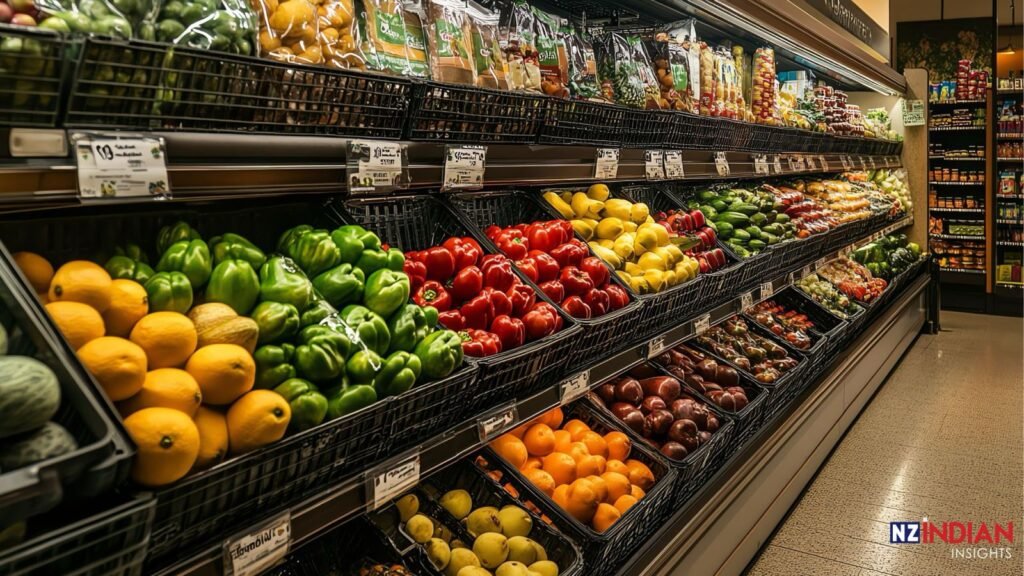In New Zealand, food and groceries are more than just everyday needs—they are part of how we connect with family, culture, and community life. For many in the Indian community, supermarkets aren’t just stores; they are places where we find familiar ingredients, celebrate festivals, and feel a little closer to home. So when conversations arise about how new supermarkets open and grow, it’s natural to pay attention.
Currently, the process to open new supermarkets can be slow and complex. Local councils carefully assess applications, often considering the impact on existing shops, traffic, and the character of the neighborhood. While these steps are important for protecting community interests, they can also delay new options from reaching shoppers, especially in fast-growing or undeserved areas.
A recent suggestion from a political leader proposes creating a quicker, more straightforward legal path for new supermarkets. The idea is to cut through red tape so that new grocery stores can open more easily, providing fresh competition and potentially lowering prices for customers. This “fast-track” approach aims to balance the need for oversight with the practical desire to increase choice and convenience for shoppers.
For many in our Indian community, this raises interesting questions. On one hand, faster supermarket approvals could mean more access to diverse foods, more outlets offering Indian spices and products, and greater convenience. On the other hand, there’s a natural concern about how new large supermarkets might affect smaller ethnic grocers or family-run shops that are the heart of many neighborhoods. We must also consider the wider implications. Supermarkets are more than just businesses; they shape the social fabric of the areas they serve. How do we ensure that new developments respect the unique identity of our communities? How can we protect small shops that often provide a personal touch and cultural connection? And how might faster supermarket growth affect local traffic and the environment?
As the Indian community in New Zealand grows and evolves, so too must the ways we plan and support local businesses. Finding the right balance between encouraging new supermarket development and protecting the character and economy of our neighborhoods is key. At NZ Indian Insights, we believe thoughtful planning and community involvement are essential. As discussions about faster supermarket approvals continue, we want to hear from you—how might this affect your neighborhood, local shops, and access to familiar foods? Your voice is important in shaping a future where supermarkets help build diverse and thriving communities.
We invite you to share your opinion with us through this opinion form, so your voice can help shape the community’s perspective on this important topic.
In the end, it’s about creating spaces where we can all find what we need—whether that’s fresh vegetables, special spices, or the warmth of a familiar shopkeeper’s smile. A faster process for opening supermarkets might bring benefits, but only if it listens carefully to the people who live, work, and shop in those neighborhoods.
Note: This article reflects the perspective of NZ Indian Insights on current discussions regarding supermarket development in New Zealand. It is an original editorial created to encourage open conversation within our community.
